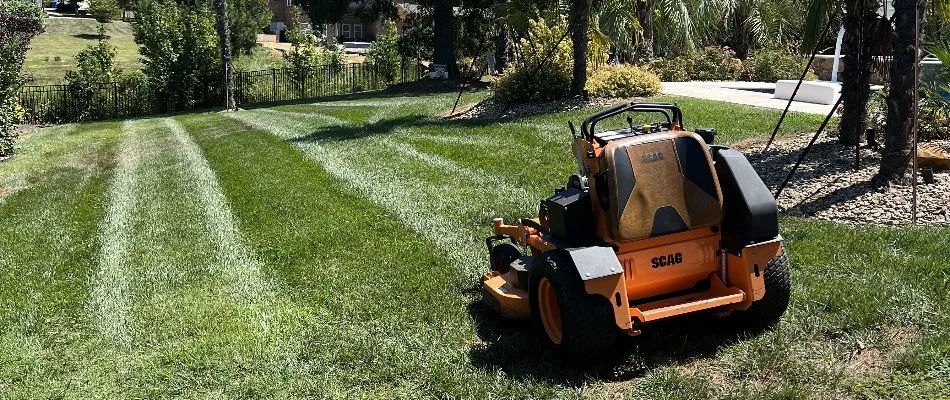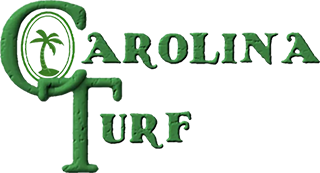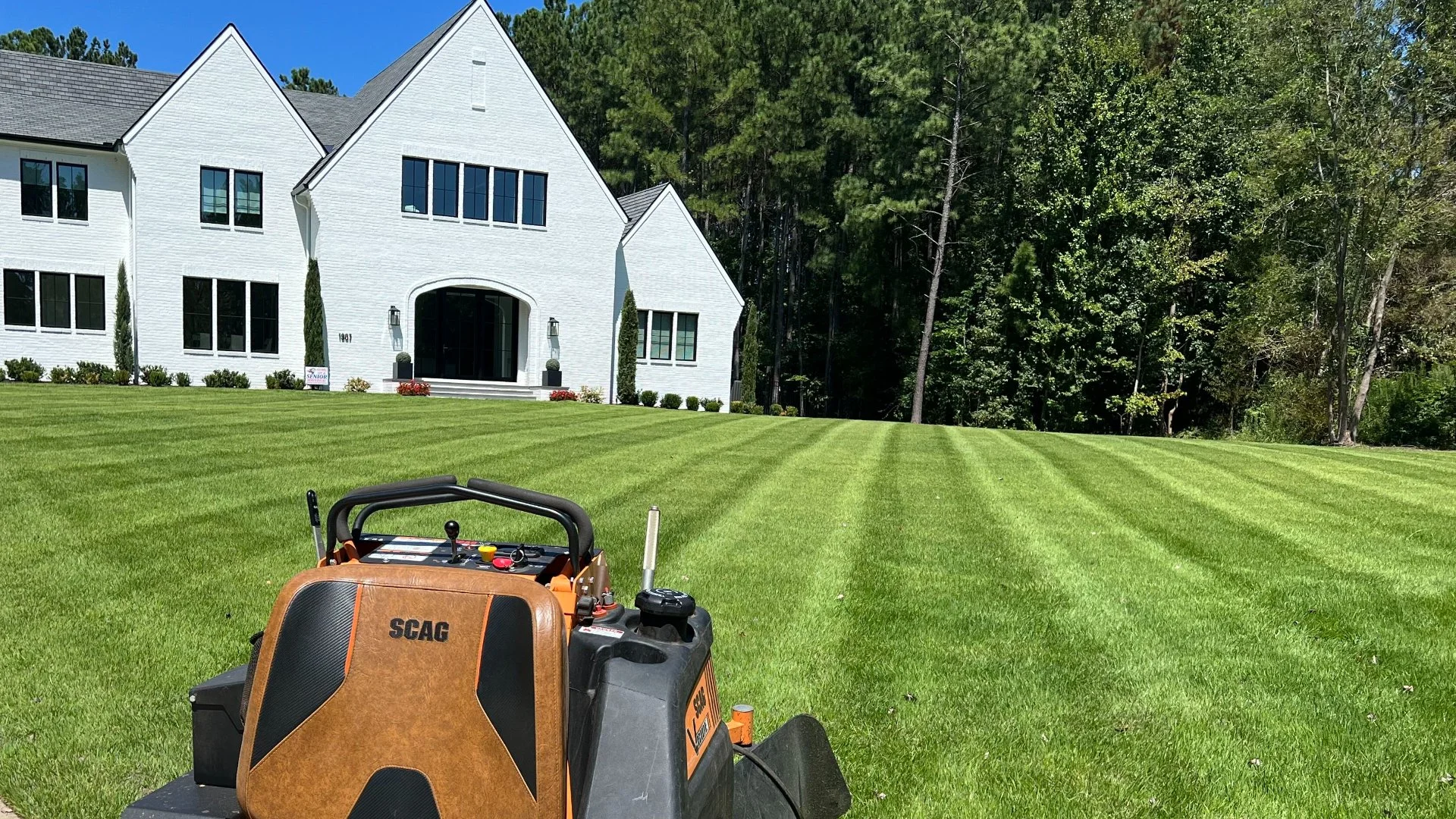After rainfall in North Carolina, it's advisable to wait until your lawn is dry before mowing to avoid several issues. Wet grass can clog up your mower, leading to inefficiencies and potential damage. Mowing wet grass can also cause ruts in the soil, affecting the overall health of your lawn. Additionally, wet grass tends to tear rather than cut cleanly, which can stress the grass and promote disease. Waiting for the grass to dry helps ensure a smoother mowing process, prevents damage to your mower, maintains soil health, and reduces the risk of fungal diseases spreading.
Not waiting to mow your lawn after rainfall can clog up your mower.

After it rains, it's important to wait until your lawn is thoroughly dry before mowing because wet grass tends to clump together. This clumping increases the likelihood of clogging your mower's cutting deck and chute. This can lead to a slower mowing process as you constantly need to stop and clear the clumps, and it can put strain on the mower's engine and blades. Moreover, wet grass is heavier than dry grass, adding extra stress to the mower's motor and potentially causing it to bog down or overheat. Clogs in the discharge chute can lead to engine failure. Allowing the grass to dry before mowing not only ensures a cleaner, more efficient cut but also helps preserve the longevity of your mower by reducing the risk of damage and wear.
Mowing after it rains can cause ruts in your soil.
Another reason to refrain from mowing your lawn immediately after rainfall is because it can lead to the formation of ruts in the soil. When the ground is wet, it becomes softer and more susceptible to compaction under the weight of your mower. As you mow, the tires of the mower can sink into the saturated soil, creating deep ruts and uneven patches. These ruts can damage the roots of your grass, impede healthy growth, and result in an uneven lawn surface. Over time, this compaction can lead to further issues with lawn health because your grass will struggle to receive the essential nutrients and resources it needs to thrive.
Mowing wet grass can cause the blades to tear.
Mowing your lawn immediately after rainfall can lead to an uneven cut. When grass is wet, the moisture weighs the blades down, causing them to bend and stick together. As your mower moves through the wet grass, instead of cutting cleanly, the blades are more likely to tear and shred the grass. This uneven and ragged cutting not only stresses the grass but can also rip the blades out of the lawn. Moreover, if you mow wet grass, you'll likely be left with long, uncut patches that you'll need to mow again once the grass dries.
You could spread fungal disease if you mow your lawn right after rainfall.

Waiting for your lawn to dry before mowing is crucial to prevent the spread of fungal diseases. Fungi thrive in damp environments, and mowing wet grass can create an ideal breeding ground for these pathogens. When you mow a wet lawn, the mower blades can pick up fungal spores from infected grass blades and spread them to healthy areas of your lawn. This can lead to the rapid spread of diseases such as brown patch.
Contact us to schedule our lawn mowing service today!
Tired of dealing with post-rain lawn maintenance? Let us take care of it for you. Our expert team provides a weekly mowing service throughout the growing season, ensuring your lawn looks its best even during the rainy season. We use industry best practices, including rotating mowing patterns, adjusting deck height based on your turf type, and not mowing wet grass to deliver exceptional results. Our lawn mowing service is available to residential and commercial property owners, as well as HOAs, in Matthews, Weddington, Ballantyne, NC, and nearby areas. Give us a call today at (704) 649-0430 to sign up!



Comments (0)
Thanks for your comment!
Thanks for your feedback! Your comments have been successfully submitted! Please note, all comments require admin approval prior to display.
Error submitting comment!
There is a problem with your comment, please see below and try again.